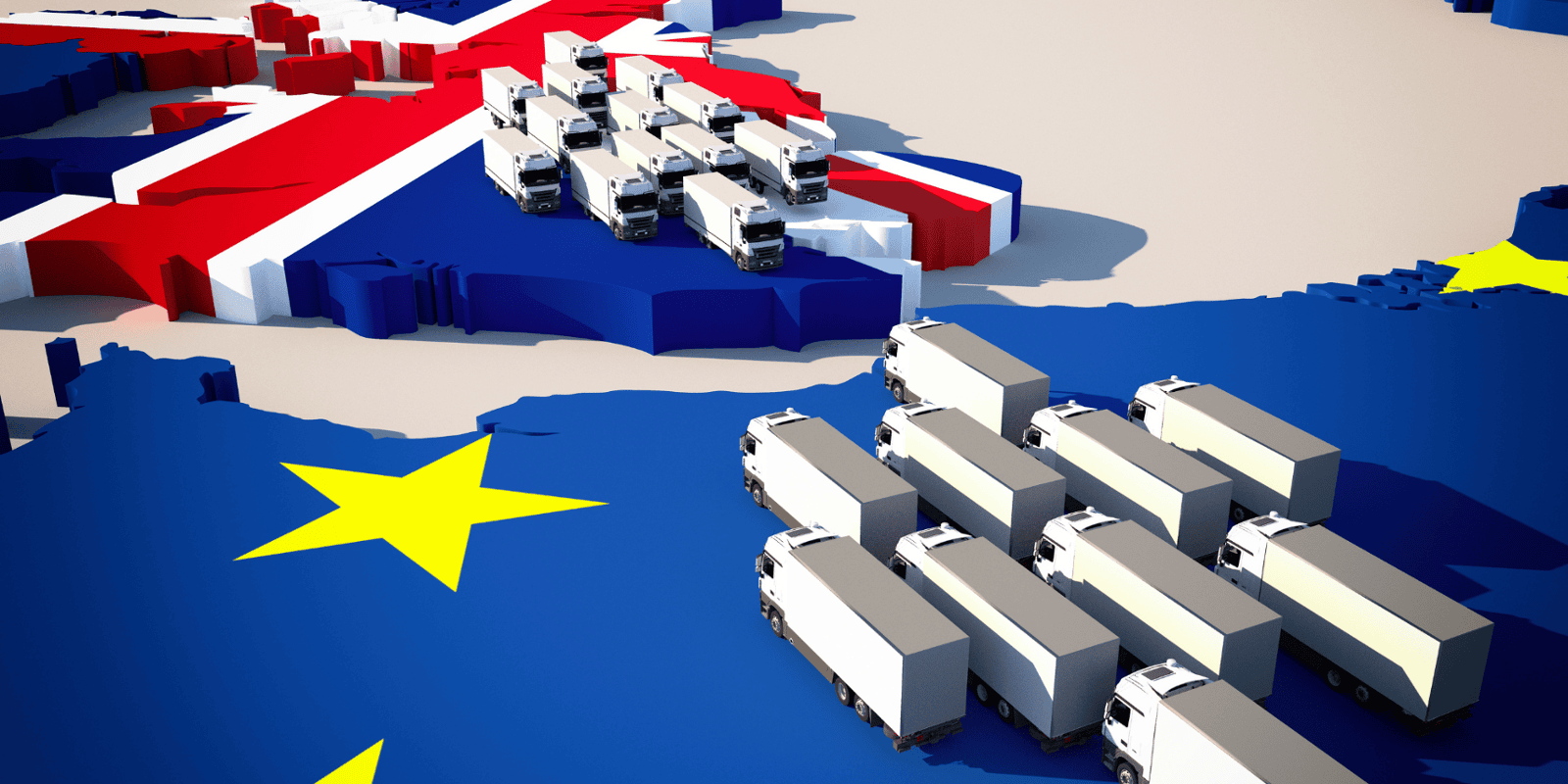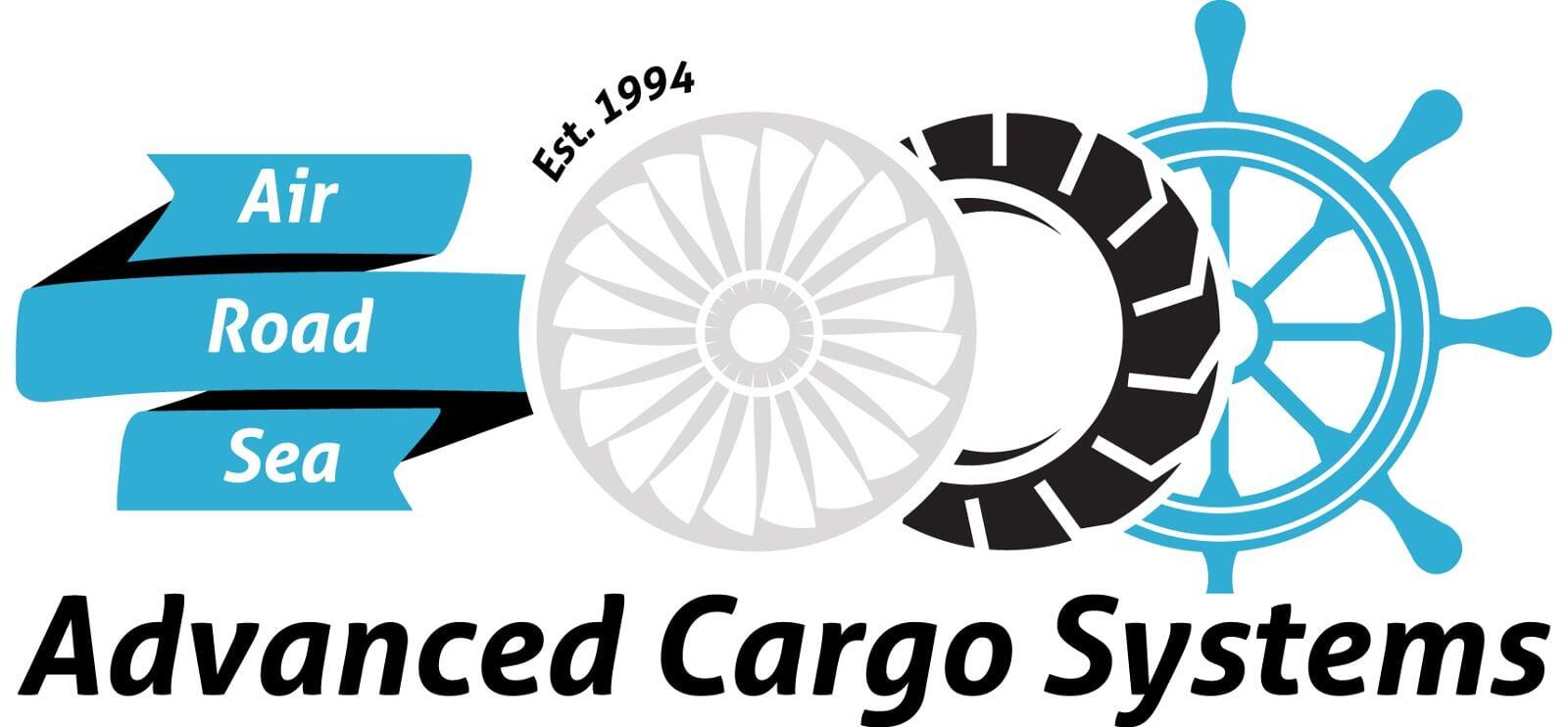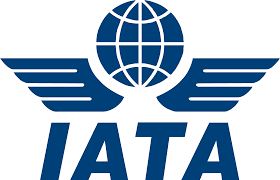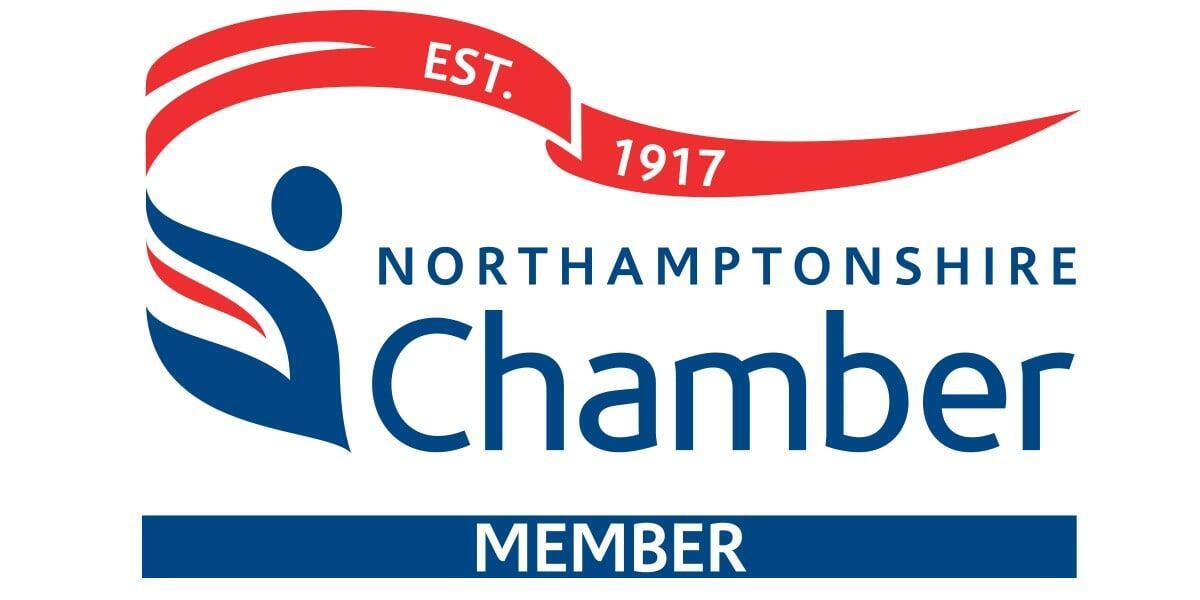
🇬🇧 Brexit & Logistics – Navigating the New Landscape
🇬🇧 Brexit & Logistics – Navigating the New Landscape
ince Brexit, UK logistics and supply chains have faced significant changes. Businesses must now navigate new customs regulations, border controls, and trade agreements to maintain efficiency in shipping and freight forwarding. Understanding these changes is essential for companies that rely on smooth import and export operations.
🔹 Key Changes Post-Brexit
🔹 Key Changes Post-Brexit
✔ New Customs Documentation – Businesses must now submit additional paperwork for every EU import and export, including customs declarations, VAT filings, and certificates of origin. This has increased administrative time and costs for many UK-based businesses.
✔ Delays & Border Checks – Additional customs checks at UK-EU borders mean longer processing times, affecting delivery schedules. This has impacted industries with time-sensitive goods, such as automotive, pharmaceuticals, and food supplies.
✔ Trade Agreements & Duties – The UK is negotiating new trade agreements, but many businesses are still adjusting to new tariffs and duties. This has led to increased operational costs for many sectors, particularly those that rely on just-in-time manufacturing.
🔹 How Businesses Can Adapt
🔹 How Businesses Can Adapt
✔ Work with an Experienced Freight Forwarder – Companies should partner with logistics providers that specialize in Brexit-compliant shipping solutions to help manage customs clearance efficiently.
✔ Use UK Warehousing to Minimize Delays – Storing inventory in the UK or within key European markets can help businesses avoid disruptions in supply chains.
✔ Stay Updated on Regulatory Changes – Government policies and trade agreements are still evolving. Businesses should stay informed on the latest updates to ensure compliance.
📝 Frequently Asked Questions (FAQs)
Q: How has Brexit affected UK-EU shipping times?
A: Brexit has led to longer customs processing times and increased border checks, causing delays in shipments. Many businesses have also experienced difficulties in securing transport availability due to driver shortages and added customs inspections.
Q: What new paperwork is required for post-Brexit trade?
A: Businesses must now complete customs declarations, VAT filings, and country of origin certificates for UK-EU trade. Some industries also require export health certificates and safety & security declarations.







